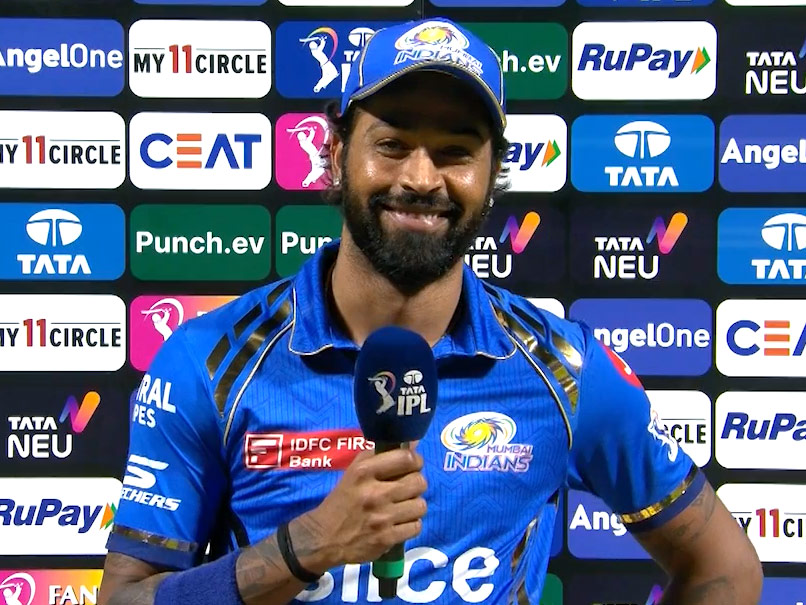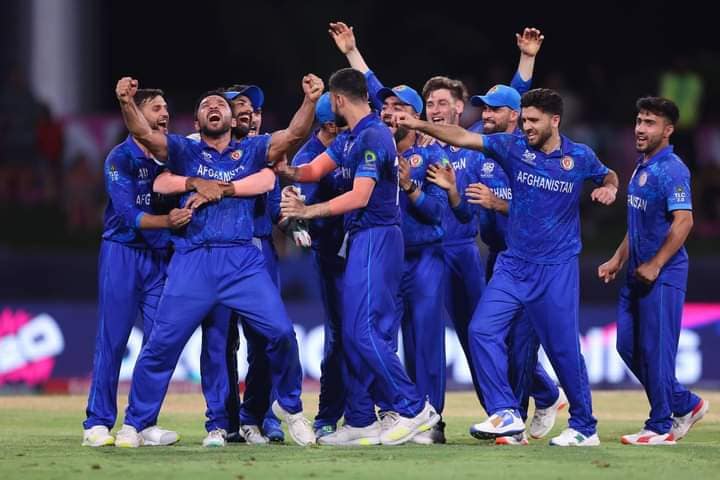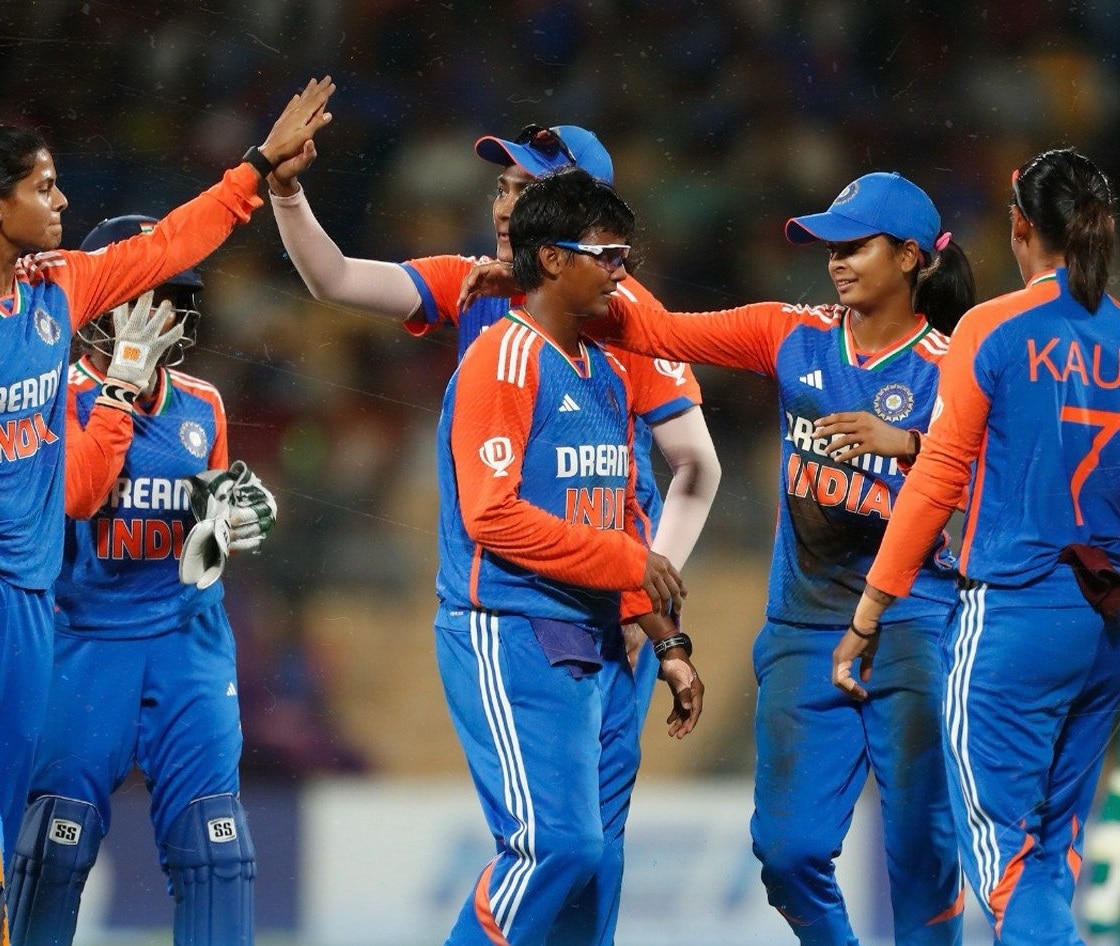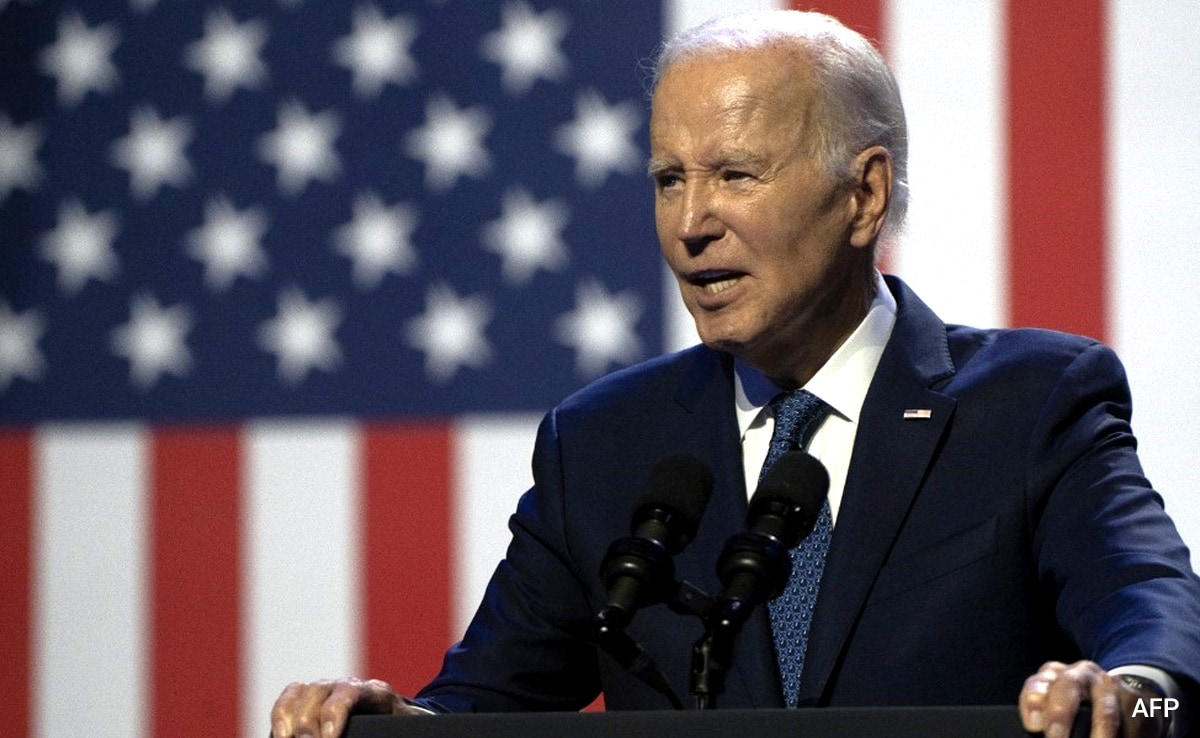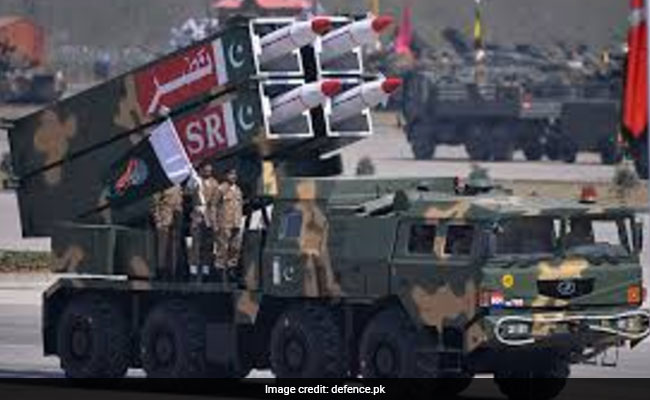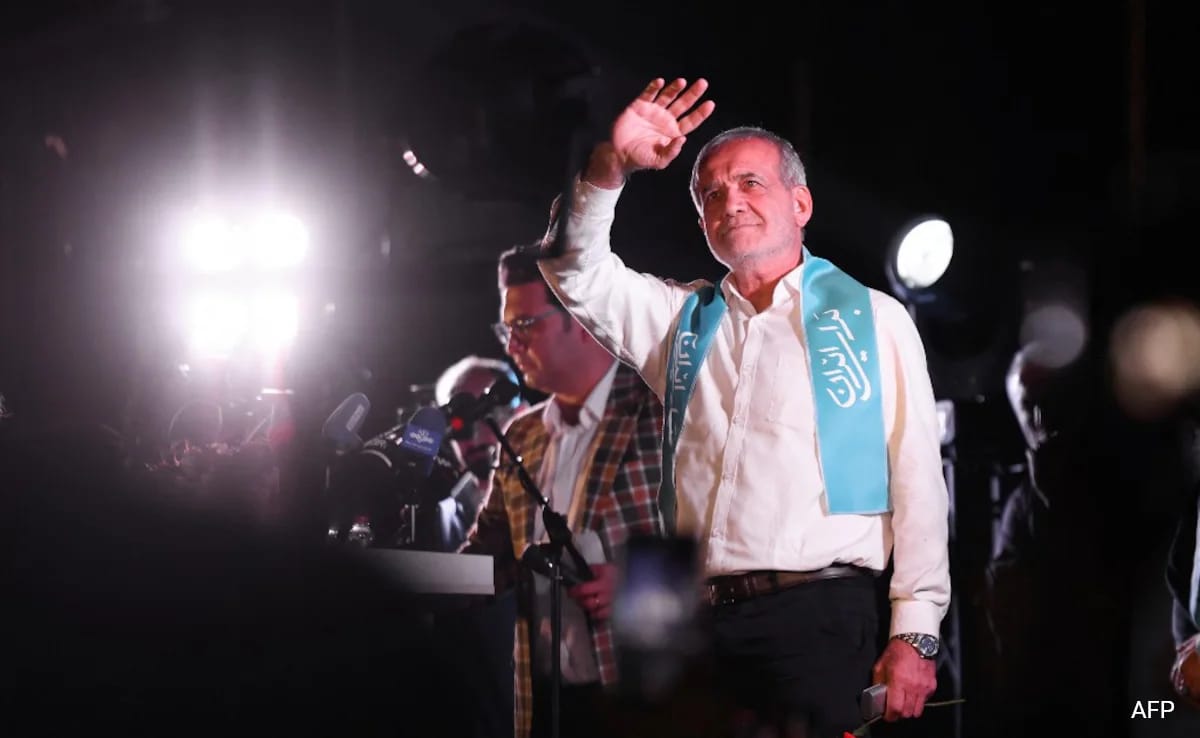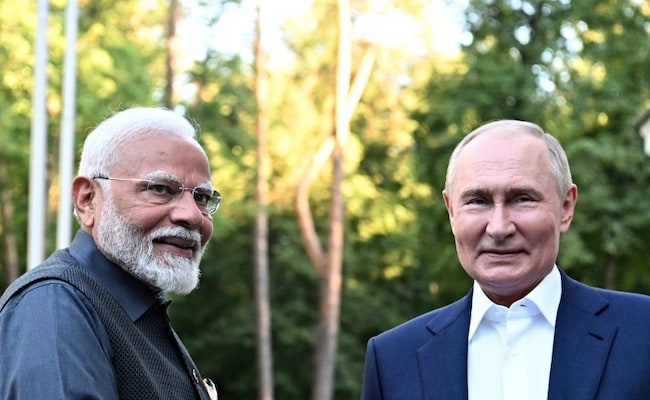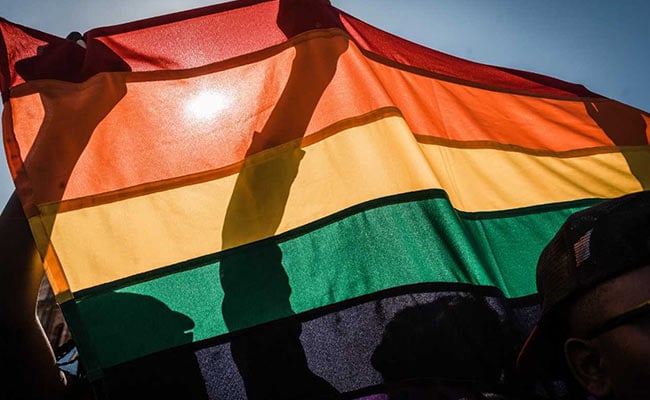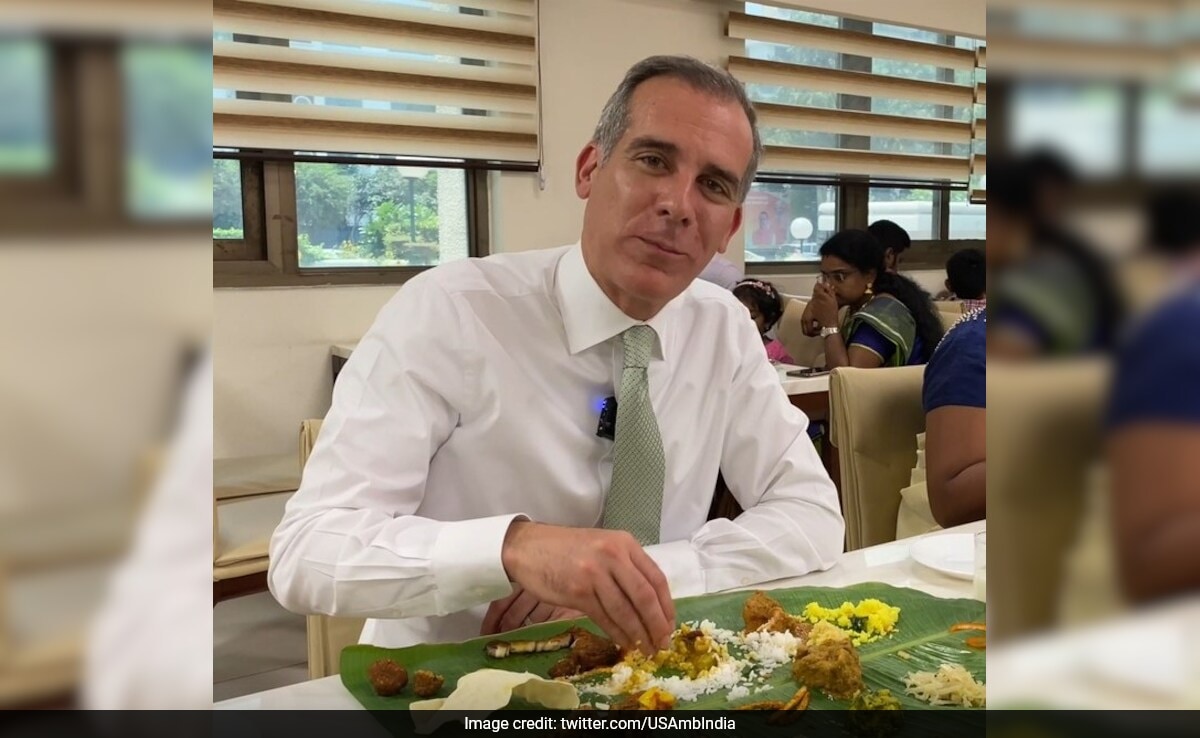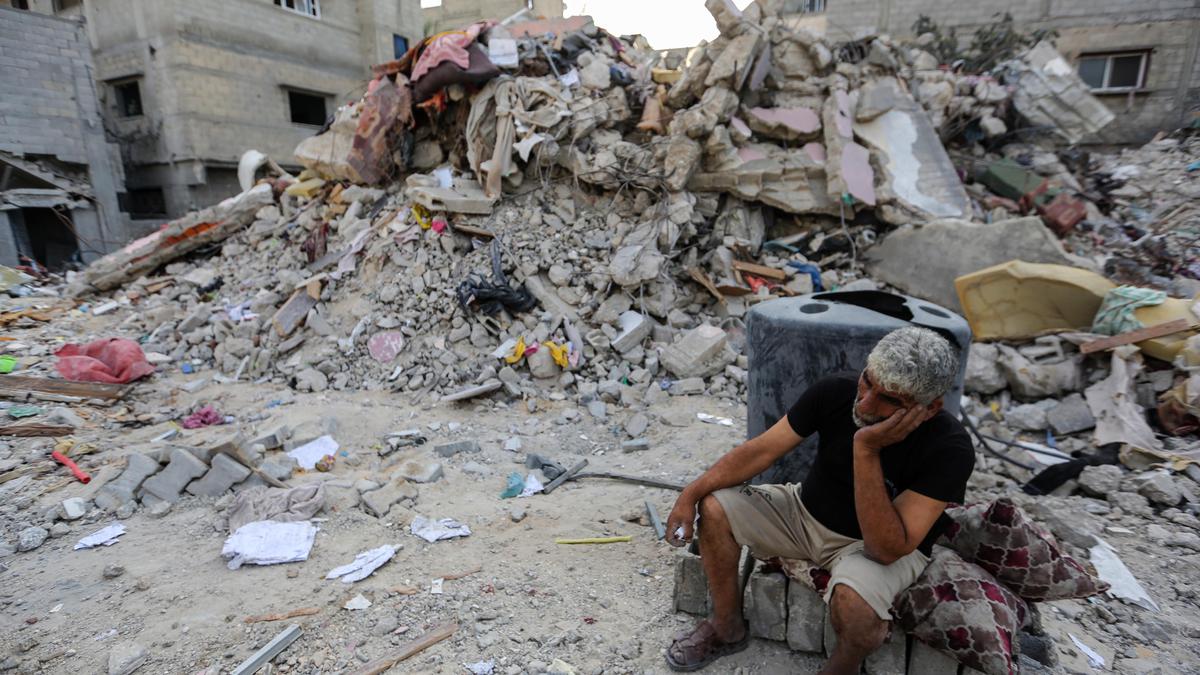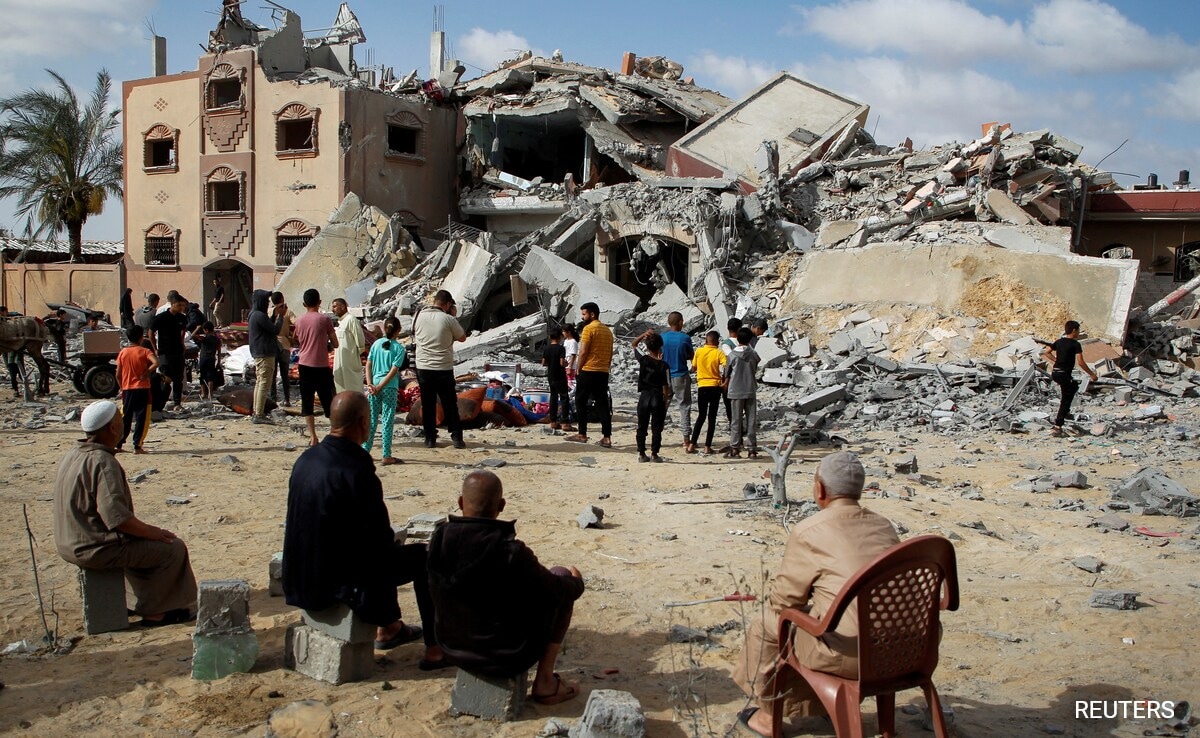Pezeshkian aims to improve relations with the West and ease the headscarf law. (File)
Reformist Masoud Pezeshkian won Iran’s presidential runoff election on Saturday, defeating hardliner Saeed Jalili by a margin of around 2.8 million votes.
The 69-year-old president-elect aims to improve relations with the West and ease the mandatory headscarf law. While Pezeshkian respects Supreme Leader Ayatollah Ali Khamenei’s authority and seeks no major changes to Iran’s government, he faces significant challenges – opposition from hardliners, the Israel-Hamas conflict, and Western concerns about Iran’s nuclear program.
Here are some facts about Masoud Pezeshkian:
-
Masoud Pezeshkian was born on September 29, 1954, in Mahabad, West Azerbaijan, to an Azeri father and a Kurdish mother. He speaks Azeri and focuses on the affairs of Iran’s minority ethnic groups. Mr Pezeshkian lost his wife Fatemeh Majidi and one of his daughters in a car accident in 1994. He chose not to remarry and raised his two other sons and daughter alone.
-
He is a heart surgeon and has served as the head of the Tabriz University of Medical Sciences. He became a combatant and physician during the Iran-Iraq War (1980-1988), dispatching medical teams to the front lines.
-
Masoud Pezeshkian served as the Minister of Health, Treatment, and Medical Education under President Mohammad Khatami’s administration. He has been a member of the Iranian Parliament, representing Tabriz, Azarshahr, and Osku across multiple terms (8th to 12th). He served as the first Deputy Speaker from 2016 to 2020.
-
The 69-year-old had registered for presidential elections in 2011 and 2021. He withdrew in 2011 and was disqualified in 2021. In the 2024 presidential run, Pezeshkian campaigned with the slogan “For Iran,” aiming to contrast his policies with those of his opponent Saeed Jalili.
-
Masoud Pezeshkian has been involved in several controversies. He attended the autopsy of Iranian-Canadian photojournalist Zahra Kazemi in 2003, who was detained, tortured, and died in custody. He cited intracranial hemorrhaging as the cause of death but claimed there were no signs of bruising or cuts, contradicting international outcry and demands for an investigation.
In 2017, Pezeshkian admitted to being among the first to prohibit women not wearing hijab from entering universities and hospitals in 1978, even before the mandatory hijab policy was officially introduced. In 2022, after Mahsa Amini’s death, he said it was “unacceptable in the Islamic Republic” to arrest a girl for not wearing a hijab and then return her dead body to her family.
Waiting for response to load…


